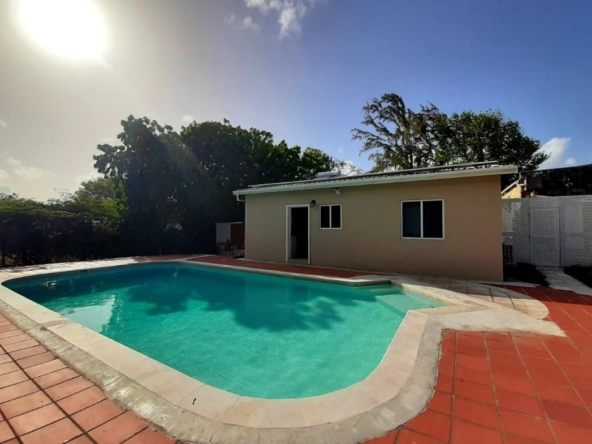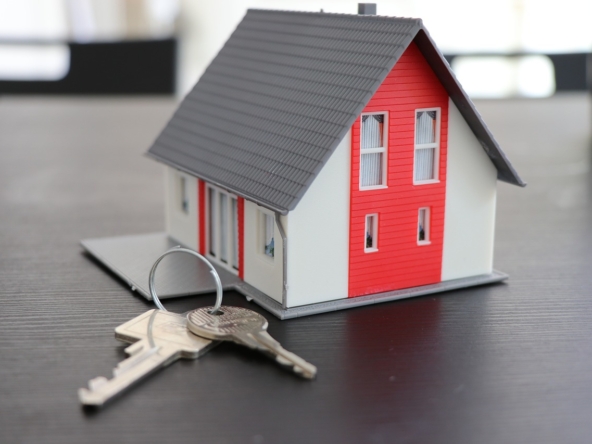When hoping to invest into Real Estate, it’s essential to consider the kind of property before you purchase. The area is likely the main part of Real Estate contributing; yet the kind of property also considerably affects your primary concern. Just because one kind of property does well in a specific region, doesn’t mean different sorts are doing too. Moreover, considering that a particular sort of property gets along admirably at one point doesn’t mean it will keep on being a wise venture ultimately.
The following are four types of Real Estate properties you can put investment into.
Properties for Office
For some Real Estate financial backers, office properties are the foundation of their business. This is on the grounds that places of business typically acquire higher rents than different sorts of land. Having said that, nonetheless, during seasons of monetary difficulty, places of business can turn into a weight to the financial backers who own them because their working expenses are so high.
Since office properties will, in general, be situated in occupied, downtown, or rural modern parks, they are popular. As nearby organizations develop, their requirement for office space develops too. This greater appeal powers higher rental rates, which expands a financial backer’s primary concern.
Properties for Retail
Putting investment into retail properties gives you numerous choices. Retail projections range in size from fabulous, encased shopping centers to more modest, single-occupant stores with singular passages. The present retail choices incorporate bigger single-inhabitant stores with neighboring street access than shopping centers.
Retail property belief is driven by a few variables including area, populace thickness, pay levels, and populace development. Retail properties moored by a supermarket will in general be more appealing and get better lease installments. When putting investment into a retail property, it’s ideal to take a gander at regions where the economy is developing, and retail deals are high.
Properties for Industries
In case you’re searching for a less serious venture, think about an industrial property. These properties require a more modest venture, a board responsibility and have lower working expenses. Mechanical properties incorporate stockrooms, assembling, circulation, and innovative work.
While thinking about an industrial property, it’s essential to take a glance at its area (is it near an open vehicle?), usefulness (how high are the roofs?), and its specialization (does it have hardware that is appropriate for specific sorts of business?)
Private Properties
For the steadiest Real Estate conjecture, multi-family private properties are ideal. This is because regardless of how the economy is getting along, individuals actually need a spot to live. Further, should one inhabitant move out, the adverse consequence isn’t pretty much as radical as though an occupant leaves one of the different kinds of properties referenced previously.
One disadvantage of possessing a private investment property is the way that most working expenses are the landowner’s obligation, though these expenses can be passed to the leaseholders of business property leases.
A major edge to possessing private investment property, nonetheless, is the way that administration-protected financing is a choice. For a simple little month-to-month premium, proprietors get a lower loan cost, which builds the profit from the speculation.
In case you’re new to Real Estate contribution, consider the rundown above to assist you with choosing which sort of Real Estate property best suits your expected result. Each kind of property has its advantages and disadvantages, so be certain you understand what you’re getting into before pulling out all the stops.




